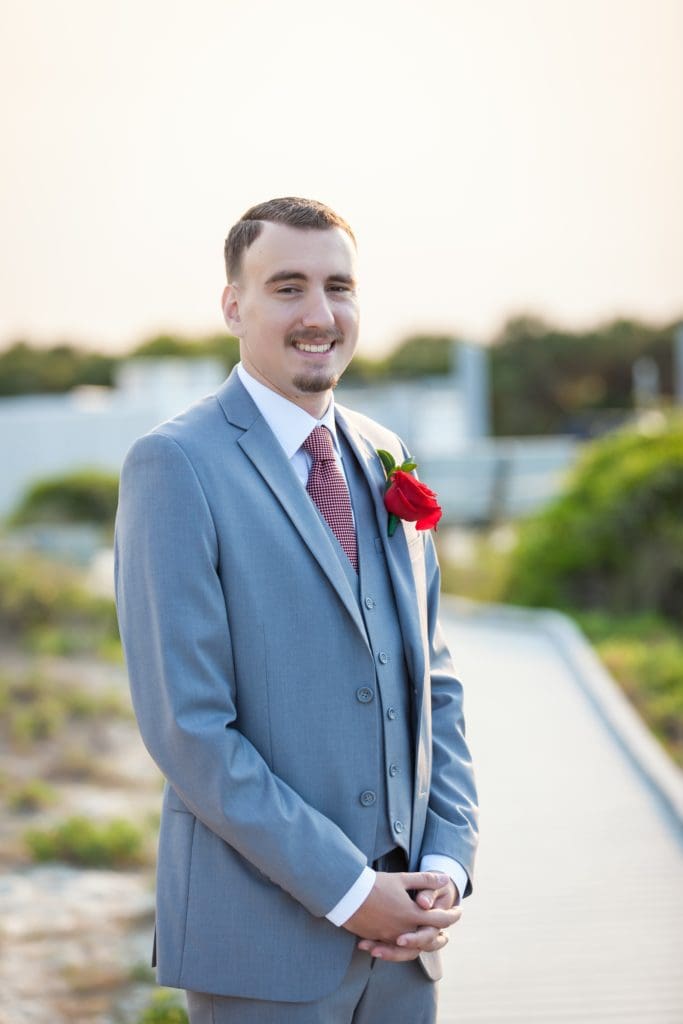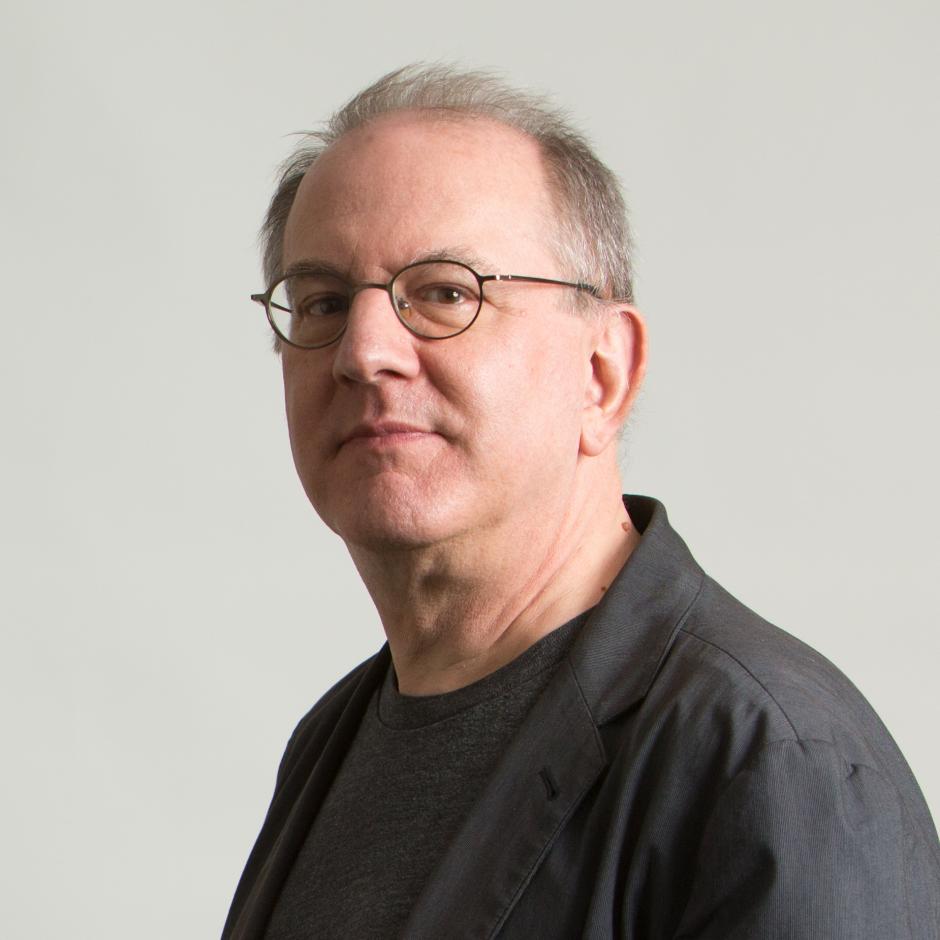Our alumni are consistently amazing us with their dedication to their craft and stunning work. Aaron Wallace (Poetry, June 2019) is exhibiting his literary citizenship card with Passengers Journal, a new online publication that features several Lesley MFA Alumni and Mentors.
Check out Volume 1, Issue 1 here!


Steven Cramer, who is a core faculty member of the Lesley MFA program and teaches poetry, had a virtual sit-down with Aaron to discuss this endeavor.
Hi Aaron. It’s so good to have this chance to talk. What prompted you to start Passengers Journal?
I decided to start Passengers Journal, with my dear friend, Zac Furlough, simply because I’d worked on several literary journals in the past, both in undergraduate and graduate school, and I wanted to run things as I saw fit, while answering to no one but a partner. I saw the ways that other journals were operating, both successfully and unsuccessfully, and I wanted a journal with a very specific vision. That’s why I decided to start the project. The quarantine provided the time and the opportunity to get it off the ground.
It’s an odd irony that, in some ways, COVID has been “good” for the time needed to get literary work done, at least for those without young children or other demands the pandemic has made worse. I want to follow up on your vision for Passengers Journal: without naming names, what do you think were some of the things that weren’t working with the other journals—not just ones you worked for but the ones you read?
It’s just become so impersonal. Obviously, no connection results from having your work rejected, but there actually aren’t many connections made when you do get work accepted somewhere.
While the Internet and Submittable have increased accessibility, they haven’t increased connectivity. That’s something we strive for at Passengers Journal. We want to build an accessible literary community for worthy artists, regardless of geographical location.
–Aaron Wallace
When you say “impersonal,” you mean the relationship between the journal and the contributor?
Yes, definitely the relationship between the contributors and the editor. The name of the game is to get published now, and the common practices become what I call shotgun blasting. We send our work out to as many places as possible to improve our odds of acceptance. Then, if the editors accept the work, that’s more or less the end of it. There’s little further personal connection, no relationship developed between the contributors and the editors. There’s no sense of community. While the Internet and Submittable have increased accessibility, they haven’t increased connectivity. That’s something we strive for at Passengers Journal. We want to build an accessible literary community for worthy artists, regardless of geographical location.
Your comment about geography interests me. In the 1970s, when I was first reading a lot of poetry, aesthetic schools and geographic locations had long been intimately connected: the New York School; the Black Mountain poets from Black Mountain College in North Carolina; neo-surrealists, often (not always) from the Midwest; Theodore Roethke acolytes from the Pacific Northwest; and of course the Beats, centered in San Francisco. Do you feel current poetry still breaks into geographical demarcations? Or has the Internet blurred such divisions, a fluidity that platforms like Zoom are furthering? If so, at some point the whole notion of the geographical world might take a back seat to the virtual world, since that’s where we spend so much of our lives.
I don’t think that geographical demarcations are as prevalent now, but I do think there is still an inherent connection between artists and where they live. For many who live in remote places, this results in an urge for community, a space to share their work, and receive a response. Passengers Journal is happy to provide that community, space, and response to artists who may not be immersed in an area conducive to the creative process. The journal’s free workshops lead the charge in that outreach effort.
On the Passengers Journal website, there’s a mission statement that says you’re looking for work that challenges, and perhaps even offends, prevailing sentiment. Can you say more about what that means, and how that’s playing out, given that the first issue has been published?
We want to feature work that is necessary, but perhaps uncomfortable, to read. A lot of the media we consume is comforting, and comfortable. It’s familiar to us.
A version of what film critic Pauline Kael called—I’m paraphrasing—movies that we leave feeling very good about ourselves.
Right. We want to highlight work that defies those trends toward comfort.
You mentioned the workshops that are connected to Passengers Journal; tell us a little more about how those work.
We often work with people who have not had access to formal education or community workshops, spread out across the United States and overseas as well. It has been an incredible revelation and an immense honor to find poets who are yet to be discovered. Many of them have real talent and a natural gift for the craft, but have not had the mentorship, education, and time to share and improve their work. We do our best to provide all of that, especially the mentorship and education.
It’s another way of using technology to continue a dynamic as old as art itself: artists with experience mentoring aspiring artists who care enough about the art they practice to want instruction. Let’s turn to your own poetry now. How does it feel to have your first collection, Battle Hymn of the Republic, coming out soon?
Honestly, I don’t think it has sunk in yet, despite the fact that I’ve now had several phone calls with Susan Gardner, the Editor-in-Chief of Red Mountain Press, and have signed a contract. I don’t think it’ll feel entirely real until I have a copy of it in my hands, but at the same time there’s a sense of relief that I no longer have to engage in the “shopping around” process.
To those who haven’t gone through something like my years in the military, Battle Hymn of the Republic is unapologetically not propaganda. It is not meant to make anyone feel good, or right, or to assuage our collective consciences about what was done in the name of America over there. It is meant to present the stark reality, and nothing else.
–Aaron Wallace
Have you recently reread it as a book? If so, were you able to imagine yourself as its reader rather than its author?
I actually read it through on Monday, doing some editing work. Imagining myself solely as its reader is not too farfetched for me to do. Sometimes, though, it’s challenging for me to read because of the subject matter, which I lived through. And I suppose it may be uncomfortable for some readers as well; but, like the work Passengers Journal looks for, I hope the poetry feels authentic and necessary.
Could you describe the book’s subject?
The poems are about my time in Iraq as a combat medic and my stint in the military at large, including my return home. The title actually came from a very late email received from one Steven Cramer, around 12:30 AM. It was an all caps message: BATTLE HYMN OF THE REPUBLIC IS THE TITLE. So, all due credit goes to you for that. It is a fantastic title. The hymn itself plays variations on military cadences, and I see this collection as my own variation on those variations.
Do you have an imagined audience for it? Obviously, it will resonate with readers who have undergone experiences analogous to what you transform imaginatively in the book. How do you think about that particular audience, as well as other poetry readers unfamiliar with military life, much less active combat?
I really view my first collection as a method of communication. To those who have been through similar experiences, it’s a message of solidarity. What they went through was not unique, we are not isolated, and our memories should not be accompanied by shame. My perhaps naïve dream is that veterans who’ve been through a similar experience—but can’t communicate it or haven’t yet communicated it—read Battle Hymn of the Republic and use it to share their personal narratives with their loved ones, or share them more deeply. Even better, maybe it will inspire them to write, or explore some other creative endeavor. To those who haven’t gone through something like my years in the military, Battle Hymn of the Republic is unapologetically not propaganda. It is not meant to make anyone feel good, or right, or to assuage our collective consciences about what was done in the name of America over there. It is meant to present the stark reality, and nothing else.
It does all of that, and more. Since you’re a graduate of an MFA program, this might be an appropriate last question. You spent two years working tirelessly on a group of poems, which became a manuscript you worked on further, and finally a thesis that earned you an MFA. That thesis, further revised, became a book strong enough to interest an editor who didn’t know you from Adam. MFA or PhD programs in creative writing do not guarantee a teaching job; or really, much else in the way of employment. The degree is not a “ticket” to becoming a working writer. If you still think what you did for those two years was valuable (according to a standard that’s not quantitative), how would you describe the value of two years spent in an MFA creative writing program?
A creative writing program gives aspiring writers the time to focus on their work in an intense way. With writing, it’s not necessarily about the amount of time one dedicates to the craft; it’s about the amount of effort you devote within that time. The Lesley MFA program allowed me to dedicate an immense amount of effort within a two-year window, in which my writing, reading, and development of craft progressed to a point where I felt self-sufficient, at least to a much greater degree than I had before.
This may be a harebrained analogy, but in some ways—given your emphasis on rigor, dedication, and active, serious labor—the demands of a good graduate program in creative writing sound a bit like a benign form of boot camp.
That isn’t as harebrained as one might think. Drill sergeants don’t teach soldiers everything they need to survive. They teach them a basic set of skills that soldiers then expand upon and use to develop the skills necessary to survive in combat. Creative writing programs work very much in the same way. I didn’t learn everything about poetry during my time at Lesley, but I learned enough to expand upon, build on, and to further develop by myself.
Thank you, Aaron, for your reflections and insights. A jazz musician I once talked with said that the only goal any true artist needs is “to make their contribution.” With your poetry and Passengers Journal, it seems to me you’re already making your contribution.

Comments are closed